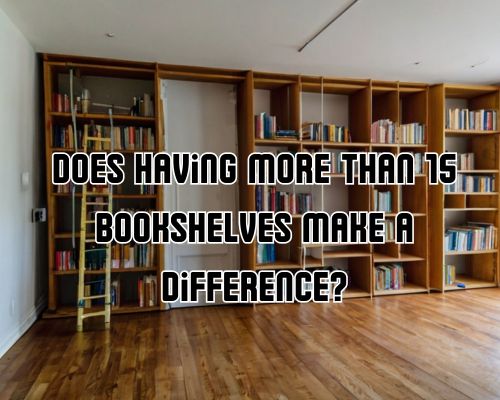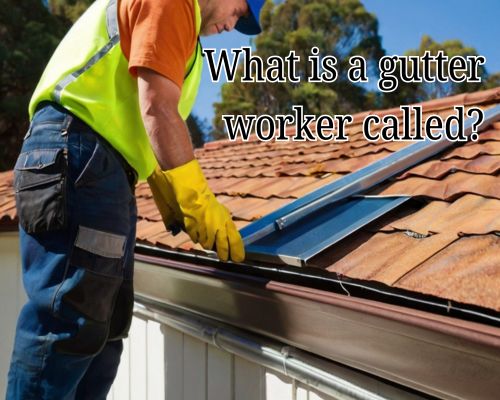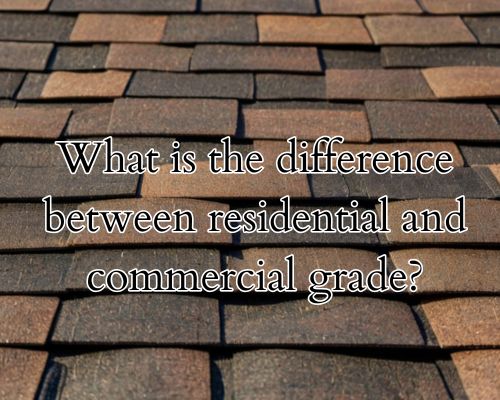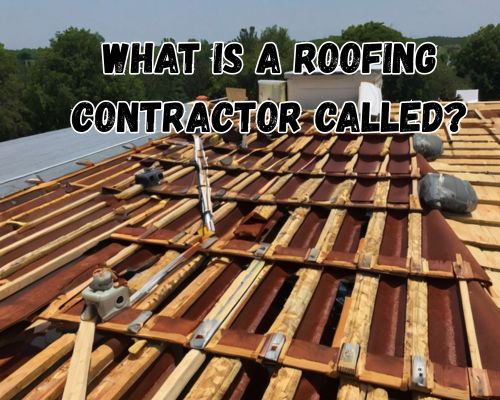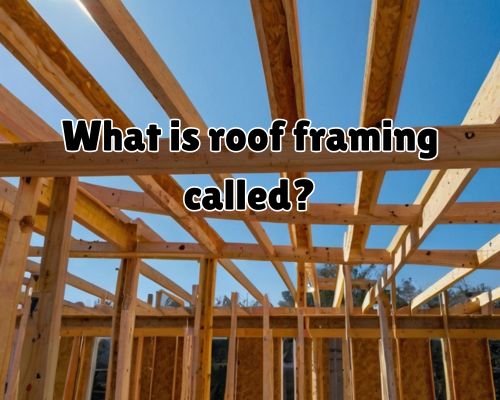When planning a residential or commercial painting project, one of the most common questions homeowners and property managers in West Palm Beach, Florida ask is: “What does a painter charge per day?” With sunny weather, vibrant architecture, and a booming real estate market, hiring a professional painter in West Palm Beach is both a cosmetic and value-adding decision. But understanding pricing is crucial to budgeting effectively.
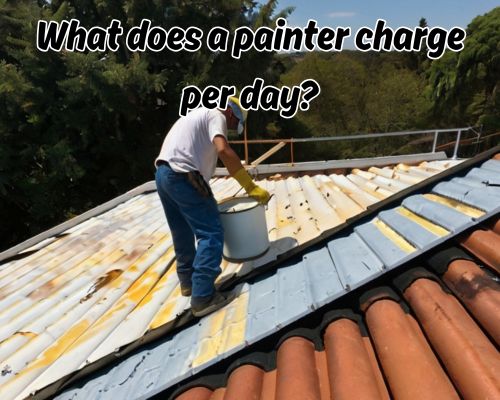
With Star Roofing, we’ll explore average daily painter rates in West Palm Beach, what factors affect those rates, typical project types, and how to ensure you’re getting value for your money. Whether you’re touching up a beachfront bungalow or revamping a luxury condo in Downtown West Palm, this article is your brushstroke of clarity.
Average Daily Rate for Painters in West Palm Beach, FL
As of 2025, the average daily rate for a professional painter in West Palm Beach typically ranges between $250 and $600 per day. The rate depends on various elements such as experience, project type, surface preparation requirements, and materials used.
Breaking It Down:
- Entry-Level or Apprentice Painters: $200–$300/day
- Mid-Level or Independent Contractors: $300–$450/day
- Master Painters or Specialized Pros: $500–$600+/day
These figures are based on both residential and commercial painting jobs, with data pulled from local service platforms, contractor pricing databases, and input from Palm Beach County trade directories.
Key Factors That Influence a Painter’s Daily Rate
In West Palm Beach, painter rates aren’t just random—they’re shaped by a blend of variables. Understanding these can help you anticipate costs more accurately.
1. Project Size & Scope
Naturally, the larger the job, the more time it will take. Painting an entire two-story home in El Cid or Flamingo Park isn’t the same as repainting a single bedroom in Northwood Village. Larger jobs might benefit from bulk pricing over daily rates.
2. Surface Conditions
Prep work makes a big difference. Textured stucco walls, common in many homes near the coastline, may need extra priming or smoothing. Old flaking paint or mildew removal in humid West Palm Beach conditions adds time—and cost.
3. Type of Paint & Materials
High-end paints like Benjamin Moore Aura or Sherwin-Williams Emerald, often used in luxury homes near Flagler Drive, cost more and may require fewer coats—but painters will still factor in handling time and product familiarity.
4. Interior vs. Exterior Painting
Exterior painting generally costs more due to weather challenges, safety precautions (e.g., working on ladders or scaffolding), and UV exposure considerations unique to South Florida’s climate.
5. Time of Year
Painters may charge more during the dry winter season, when demand surges in snowbird-heavy neighborhoods like South End. The rainy season can delay projects, requiring flexibility in scheduling and potentially adding cost.
Local Market Conditions in West Palm Beach
Thanks to consistent sunshine and ocean breezes, property upkeep is high priority in West Palm Beach. Homeowners and realtors are often investing in fresh paint jobs to keep curb appeal sharp. The rise of short-term vacation rentals has also increased demand for painters to refresh properties between tenants.
A quick look at local painting contractors like Five Star Painting of West Palm Beach or CertaPro Painters of Boynton Beach reveals pricing aligned with the above averages. These services typically offer free estimates, and some provide flat-day rates or bundled project quotes.
Comparing Daily Rates vs. Project-Based Pricing
While daily rates provide flexibility for custom or ongoing projects, many painters prefer per-project pricing to simplify scope, materials, and deadlines.
When Day Rates Work Best:
- Minor repairs or wall touch-ups
- Custom accent walls or murals
- Small office or commercial refreshes
- Emergency repainting or quick turnovers
When Project Pricing is Better:
- Full home interiors or exteriors
- Large HOA or condo complex work
- New construction painting
- High-end finishes with multiple layers
Tips for Hiring a Painter in West Palm Beach
Finding the right pro means more than just picking the lowest bidder. Use these local-savvy tips to make a smart choice:
✅ Get Multiple Quotes
Ask for detailed breakdowns of labor, materials, prep, and cleanup. This lets you compare rates fairly, see Star Roofing.
✅ Verify Licensing & Insurance
In Florida, licensed painters must carry liability insurance. Protect yourself from liabilities by asking for proof.
✅ Check Local Reviews
Sites like Nextdoor, Angi, and Google Maps offer insights from real West Palm Beach customers.
✅ Ask About Guarantees
Does the painter offer a satisfaction guarantee or warranty on the work? Many local pros stand by their craftsmanship.
Real-World Examples: Daily Painting Costs by Project Type
Let’s break down what a painter charging $400/day might tackle in a standard day in West Palm Beach:
| Project Type | Area Covered in 1 Day | Avg. Daily Cost |
|---|---|---|
| Bedroom Interior | ~300–400 sq ft | $300–$450 |
| Exterior Trim Touch-up | ~100 linear ft | $350–$500 |
| Kitchen Cabinet Refresh | 10–15 cabinets | $400–$600 |
| Condo Living Room | ~400–600 sq ft | $350–$500 |
Note: These estimates vary depending on ceiling height, color changes, prep time, and surface texture—particularly relevant in tropical zones like Palm Beach County.
How to Save on Painting Costs in West Palm Beach
Looking to stay under budget without sacrificing quality?
- Bundle rooms together for volume discounts.
- Schedule during off-peak seasons (e.g., late summer).
- Supply your own paint (if allowed) to cut markup costs.
- Handle basic prep work (moving furniture, light sanding).
Also, consider contacting local vocational schools or Palm Beach State College for apprentice-level painting services supervised by certified instructors—often offered at reduced rates.
Final Thoughts: So, What Does a Painter Charge Per Day in West Palm Beach?
In summary, the daily rate for a painter in West Palm Beach typically ranges from $250 to $600, depending on skill level, project scope, materials, and season. Whether you’re refreshing a condo near CityPlace or updating a beachside bungalow, understanding local rates and service expectations ensures you’re investing wisely.
By factoring in local climate conditions, regional trends, and project specifics, you’ll be better equipped to hire the right pro, budget accordingly, and bring new color to your space—inside and out.
🎨 Ready to bring your walls back to life? Connect with local painting professionals in West Palm Beach today and request a personalized quote tailored to your exact needs.


